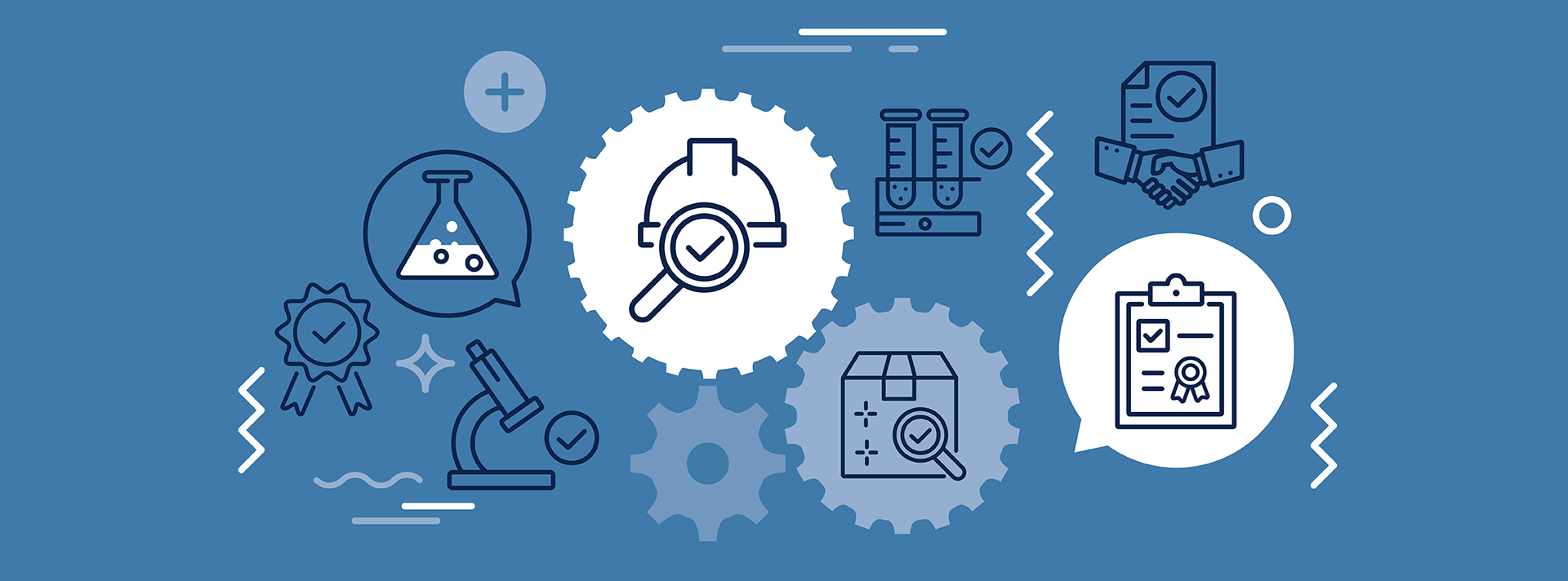EN 50129 SIL Certification Testing for Railway Electronic Systems
The European railway sector is one of the most critical and safety-conscious industries in the world. Ensuring that electronic systems meet stringent standards is paramount to maintaining public safety and operational reliability. One such standard, EN 50129, specifies the requirements for safeguarding against faults in railway electronic systems.
The European Union has recognized the importance of this standard by mandating it for critical railway applications. The standard is designed to minimize the risk of faults and ensure that electronic systems are resilient, dependable, and compliant with safety-critical standards. To achieve compliance, organizations must undergo a rigorous certification process.
The SIL (Safety Integrity Level) classification system within EN 50129 is used to categorize the level of safety integrity required for different parts of railway electronic systems. SIL levels range from SIL-1 to SIL-4, with higher numbers indicating greater requirements for fault tolerance and redundancy.
EN 50129 certification testing focuses on ensuring that all components of a railway electronic system meet the specified safety integrity level. This involves a comprehensive series of tests designed to evaluate various aspects of the system, including:
- Safety Analysis
- Fault Injection Testing
- Redundancy and Fault Tolerance Assessment
- Durability and Environmental Stress Tests
The certification process is designed to ensure that the railway system can withstand a wide range of operational and environmental stresses without compromising safety. The testing protocol involves real-world scenarios, including power outages, temperature fluctuations, and other conditions that may occur during actual operation.
At Eurolab, our team of experts ensures that every aspect of the certification process is meticulously followed. Our state-of-the-art facilities are equipped with the latest instrumentation and software to perform these tests accurately and efficiently. We use equipment certified by leading international standards such as ISO 9001 for quality management systems.
The testing process involves several stages, each designed to evaluate different aspects of the system's performance:
- Initial Analysis: This stage involves a detailed review of the system design and documentation. Our team ensures that all components are compliant with EN 50129 requirements.
- Fault Injection Testing: In this phase, we simulate various fault conditions to test the system's ability to maintain safety integrity despite these faults.
- Redundancy and Fault Tolerance Assessment: We evaluate how well the system can recover from a fault without compromising safety.
- Durability Testing: This involves subjecting the system to long-term environmental stress tests, such as temperature cycling and humidity exposure.
Once all tests are completed, our team generates a detailed report that outlines the results of each test. The report is then submitted to relevant authorities for review and approval. If any issues arise during testing, Eurolab's experienced engineers work closely with clients to identify and rectify these issues.
The certification process not only ensures compliance with EN 50129 but also enhances the overall safety and reliability of railway electronic systems. By adhering to this standard, organizations can demonstrate their commitment to public safety and operational excellence.
Benefits
The benefits of obtaining EN 50129 SIL certification for railway electronic systems are numerous:
- Enhanced Safety: Compliance with this standard ensures that railway electronic systems meet the highest safety standards, reducing the risk of faults and failures.
- Improved Reputation: Organizations that comply with EN 50129 demonstrate their commitment to excellence in quality and safety. This can enhance a company's reputation in the competitive global market.
- Regulatory Compliance: By adhering to this standard, organizations ensure compliance with EU regulations, reducing the risk of legal penalties and fines.
- Increased Confidence: Passengers and stakeholders will have increased confidence in the reliability and safety of railway systems.
- Improved Efficiency: The certification process helps identify and rectify potential issues early on, leading to more efficient product development and deployment.
Eurolab Advantages
At Eurolab, we offer a range of advantages that make us the preferred choice for EN 50129 SIL certification testing:
- Expertise and Experience: Our team of experts has extensive experience in railway electronic systems and compliance with international standards.
- State-of-the-Art Facilities: We are equipped with the latest instrumentation and software to ensure accurate and efficient testing.
- Comprehensive Testing: Our facilities are designed to cover all aspects of EN 50129 certification, ensuring that systems meet all safety integrity levels.
- Client Support: We offer ongoing support throughout the certification process, including advice on design and development strategies.
Quality and Reliability Assurance
At Eurolab, we prioritize quality and reliability in all our testing services. Our commitment to excellence is reflected in the following:
- ISO 9001 Certification: We are ISO 9001 certified, ensuring that our processes meet international standards for quality management.
- Accurate Reporting: Our detailed reports provide comprehensive insights into the results of each test, helping clients make informed decisions.
- Prompt Turnaround Times: We understand the importance of timely certification and strive to deliver results as quickly as possible.





